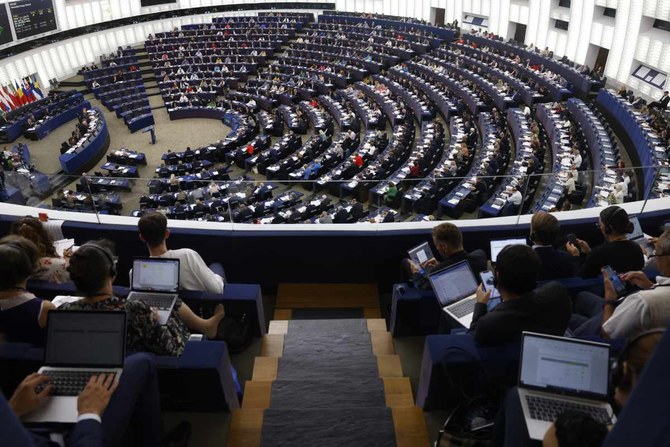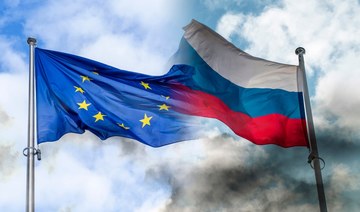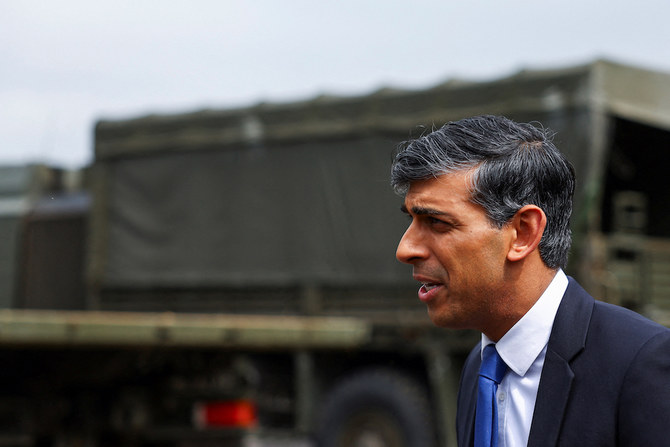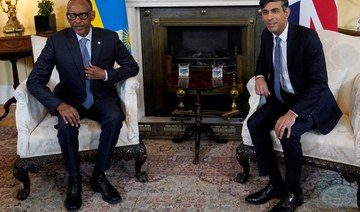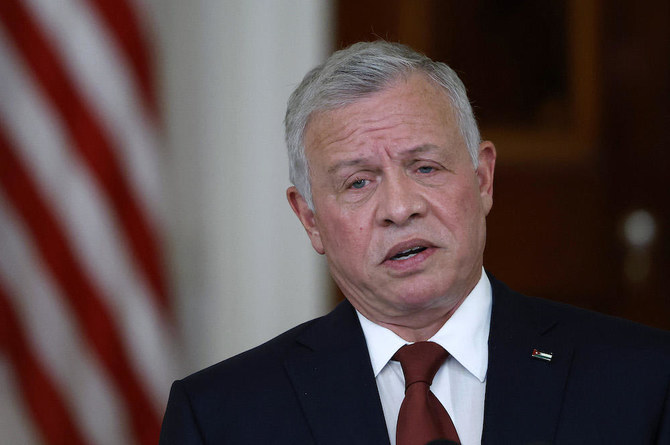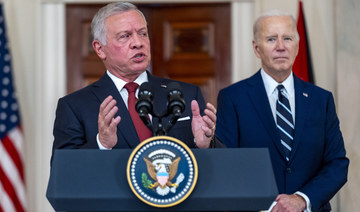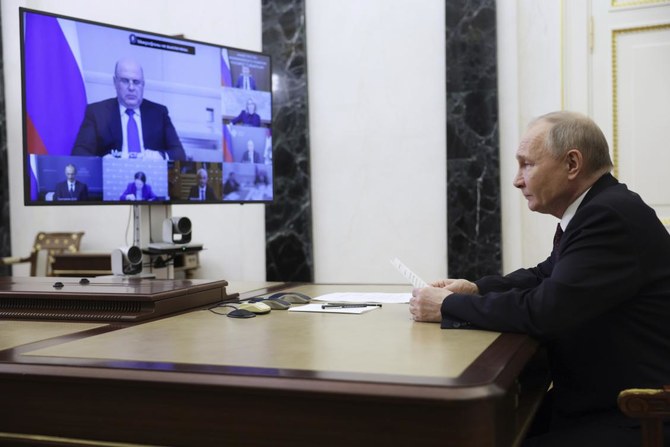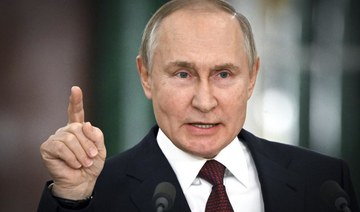STRASBOURG, France: Hungary reacted furiously Thursday to a vote in the European Parliament that declared that the country was no longer a “full democracy” and that the European Union needed to act.
The response came after MEPs voted 433 in favor, 123 against, in favor of the resolution.
It described Hungary as “a hybrid regime of electoral autocracy” in “serious breach” of EU democratic norms.
It blamed European Union inaction for having encouraged the slide away from democracy and said EU Covid recovery funds should be withheld from Budapest until it put its house in order.
The country is ruled by populist Prime Minister Viktor Orban, who maintains close ties to Russian President Vladimir Putin.
The vote was largely symbolic and does not change the course of EU decision making, which requires unanimity of all 27 member states — including Hungary — to adopt positions on major issues, such as sanctions on Russia.
But Hungary’s Foreign Minister Peter Szijjarto told reporters in Budapest: “I consider it an insult against a Hungarian person if someone questions Hungary’s capacity for democracy.”
He said he was astonished that some in Brussels and Strasbourg insisted on “belittling” his country.
With their vote, the EU lawmakers endorsed a parliamentary report that said Hungary had been backsliding on democratic and fundamental rights since 2018 through the “deliberate and systematic efforts of the Hungarian government.”
The lack of action by EU institutions including the commission, which acts as “guardian” of the EU treaties enshrining democratic standards, had exacerbated the degradation, said the report.
Greens MEP Gwendoline Delbos-Corfield, the rapporteur for the report on Hungary, said it had raised a number of concerns.
They include the independence of the judiciary in Hungary, corruption, freedom of expression and academic freedom.
“It is a clear call from the majority of political groups,” she said of the vote.
“Hungary has turned into a hybrid regime of electoral autocracy.”
MEP Fabienne Keller, of the Renew Europe group, argued: “If Hungary was a candidate today to enter the EU, it would no longer be possible.”
EU countries have been treading a careful line around Hungary because of the need to win its assent on major decisions.
But diplomats privately are frustrated with Orban’s cosy relationship with the Kremlin and his blocking of further sanctions on Moscow.
The commission has likewise been careful to avoid overt criticism, but unease over Hungary’s swerve away from rule of law, particularly in failing to curb corruption, is becoming more evident.
Commission chief Ursula von der Leyen said Wednesday, in her State of the European Union address to the European Parliament, that the EU “must fight for our democracies.”
Her EU executive would work to protect the member states “from the external threats they face, and from the vices that corrode them from within,” she said.
Although she did not name Hungary directly in this context, she pledged legislative action to step up the fight against corruption, including against “illicit enrichment, trafficking in influence and abuse of power.”
Her EU justice commissioner, Didier Reynders, told MEPs in a debate on rule of law breaches in Hungary that the commission “shares a large number of concerns expressed by the European Parliament” regarding Budapest.
The European Parliament in 2018 launched a procedure against the risk Hungary posed to European democratic values.
The EU has also earmarked 5.8 billion euros ($5.8 billion) for Hungary from its Covid recovery fund. But Budapest’s spending plan for the monies has not been signed off by Brussels due to corruption concerns.
In theory, the mechanism can lead to Hungary losing its right to vote in the Council of the EU, where member states adopt decisions affecting the bloc.




